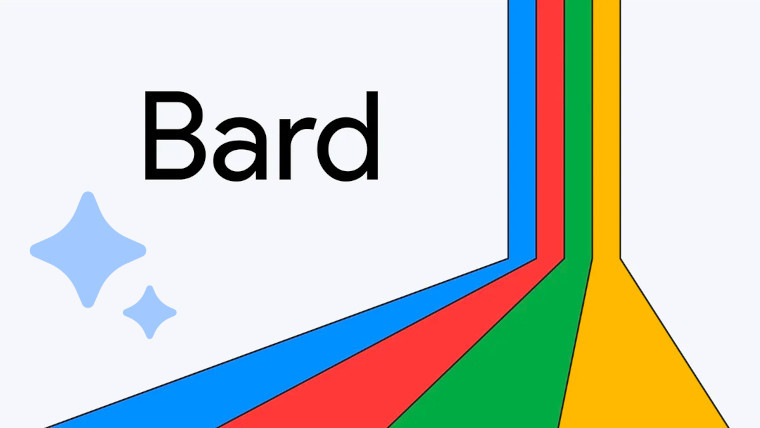Google Bard now requests your actual location for better answers

Google has pushed out another update for its generative AI chatbot, Bard. This time, it has added the ability for users to allow access to their location so that Bard can use this and provide more relevant results.
One popular Google Search query is “What time does X close?”, you’ll typically see the searched-for business in your Search results with a list of closing times. You can now do this in Bard with the location update and it will give you the closing times of the local stores you asked about.
Google didn’t really expand too much on what else the precise location would enable you to do, but Bard itself says you can get location-specific information on places like coffee shops and restaurants, get directions from your current location, find events that are happening near you, and get local weather information.
Having tested the weather forecast, Neowin can report that it works well but there is a small grievance. In the UK, where a hodgepodge of imperial and metric measurements are used, the main unit for measuring the temperature in Celsius. Despite knowing that the query was coming from the UK, Bard still decided to put out its response in Fahrenheit, a quick clarification swiftly resolves this though.
To see which location Google Bard has for you, just look in the bottom-left corner and you should see a blue dot if you’ve given permission for it to use your location, followed by your town or city. You can also press update location if it’s now out of date due to travelling.
OpenAI took an early lead in the generative AI race but while it still gets updates, its knowledge is still stuck in 2021 and it cannot do as much now as Bard, such as accessing your location or grabbing relevant pictures from the web and inserting them into your query results (at least on the free tier).
We are still early on with regards to the maturity of these generative AI projects so we should see a lot more new features arriving over time. It’s so early that Google still refers to Bard as an experiment.


_small.jpg)










